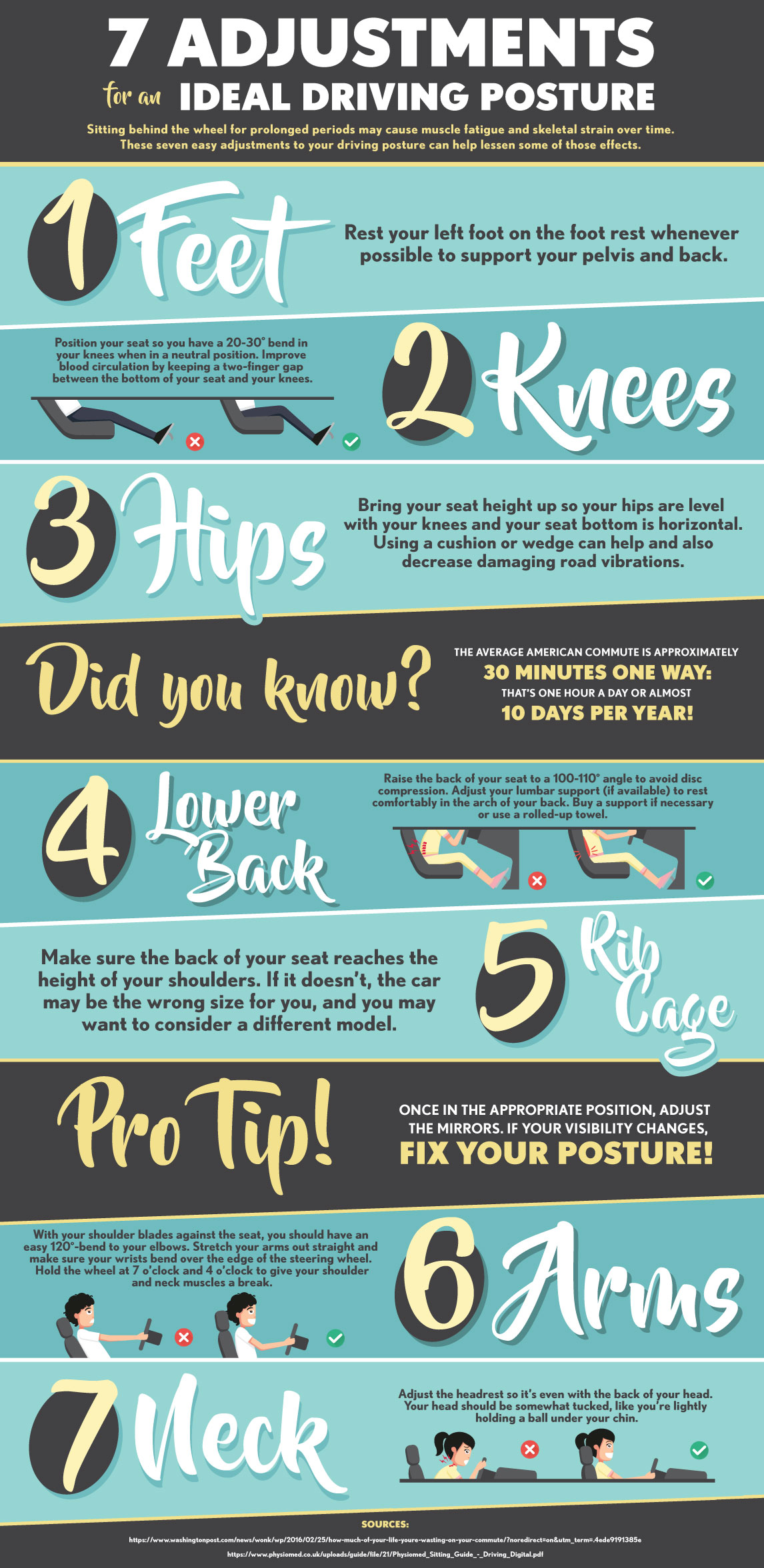Are Chiropractic Care Adjustments Addictive? Separating Reality From Fiction
Are Chiropractic Care Adjustments Addictive? Separating Reality From Fiction
Blog Article
Created By-Lindgren Hardin
You might have heard that chiropractic care adjustments can bring about an addictive reliance, but that's an usual false impression. Lots of patients find alleviation without establishing any kind of form of addiction. It's important to understand real function of these adjustments and exactly how they match your general wellness method. So, just what does the science claim about chiropractic care and your health? Let's check out the realities.
Recognizing Chiropractic Care Adjustments and Their Purpose
When you think about chiropractic adjustments, it's important to understand their function and exactly how they work. These adjustments intend to correct misalignments in your spine and joints, advertising far better placement and motion. By using regulated force to certain locations, chiropractic specialists help alleviate discomfort, boost function, and boost your overall wellness.
Read the Full Report focuses on your body's capacity to recover itself, emphasizing the connection in between the back and the nervous system. When your back is aligned, it can decrease nerve interference, allowing your body to work efficiently.
Routine changes may additionally aid avoid future problems, keeping you active and pain-free. Ultimately, chiropractic changes serve to support your health and wellness, boost flexibility, and enhance your lifestyle.
Common Myths About Addiction and Chiropractic Care
Lots of people hold misunderstandings concerning the connection in between chiropractic treatment and addiction therapy. One common misconception is that chiropractic changes create an addiction-like reliance. In truth, numerous clients discover relief from pain and pain, but this does not indicate they establish a mental or physical dependency.
Another myth is that chiropractic practitioners are just attempting to keep you coming back for even more modifications. Most chiropractic doctors prioritize your well-being and go for lasting wellness instead of frequent check outs.
In addition, some believe chiropractic treatment can change traditional dependency treatments, however it ought to match, not replace, evidence-based therapies. Comprehending these misconceptions can assist you make informed options concerning your health and wellness without dropping victim to misinformation.
The Science Behind Chiropractic Adjustments and Individual Experience
While some may question the efficiency of chiropractic modifications, a growing body of study supports their duty in easing pain and enhancing total feature.
Research studies show that back adjustment can decrease discomfort from conditions like reduced back pain, tension headaches, and neck pain. When you undertake chiropractic care, the modifications intend to bring back appropriate alignment, boosting your body's natural healing capabilities.
lower middle back pain report raised mobility and a greater feeling of health after treatment. Additionally, the healing connection you build with your chiropractic specialist can improve your experience, as they supply individualized care tailored to your needs.
This mix of scientific support and favorable patient experiences helps make clear why chiropractic care changes are effective for lots of people seeking alleviation.
Verdict
Finally, chiropractic modifications aren't habit forming; they're created to boost your health and promote aggressive health care. By debunking the myths surrounding reliance, it's clear that these therapies can supply considerable relief without developing a cycle of dependency. Accepting chiropractic care as a complementary method to conventional treatments can lead to much better health and wellness results. So, if you're thinking about adjustments, rest assured that they're about boosting your quality of life, not developing a dependence.
